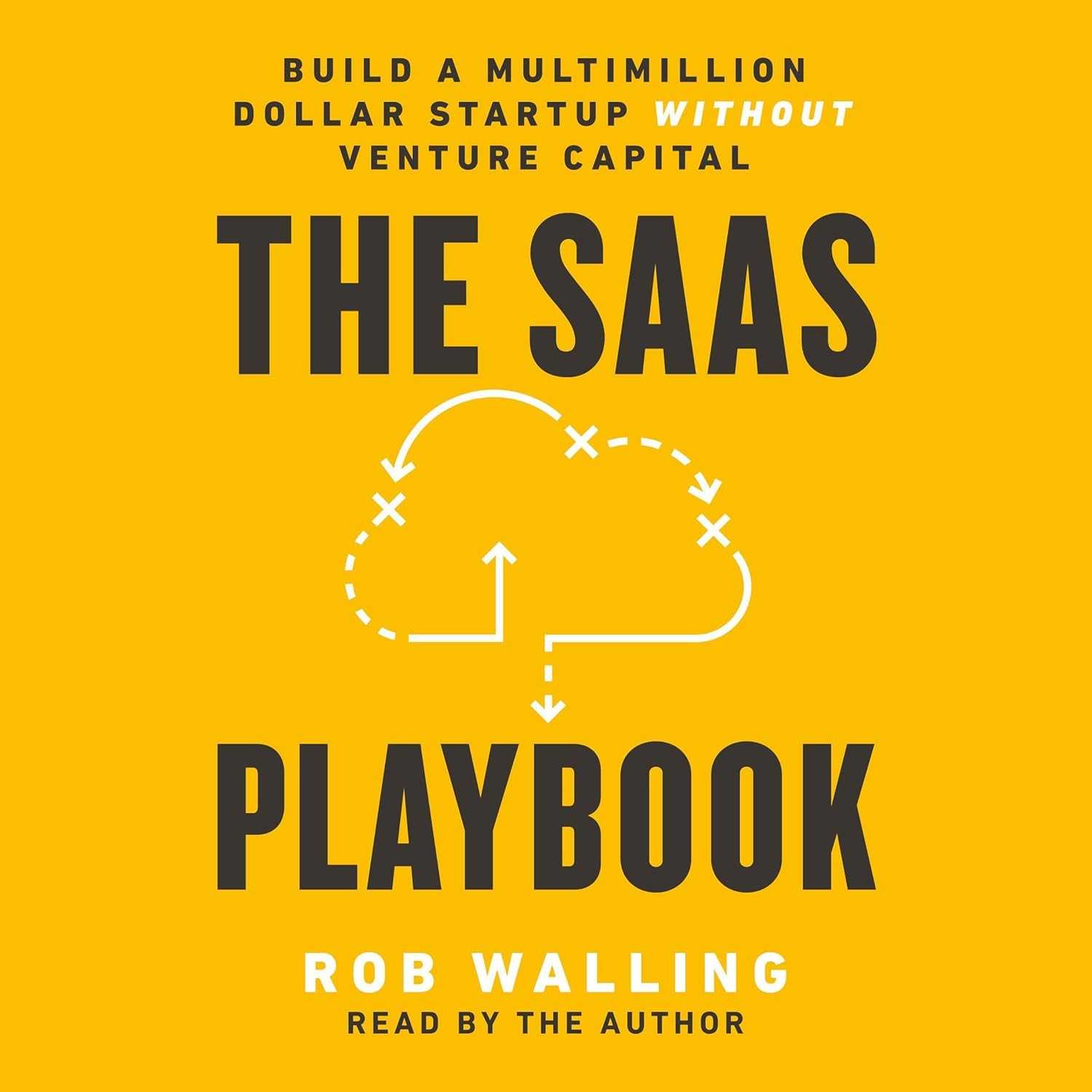Unlocking Success: Strategies for Indie Hackers and Small Startups
In the ever-evolving landscape of online business, indie hackers and small startups are constantly seeking innovative strategies to carve out their niche and achieve sustainable financial success. Based on an in-depth transcript of valuable lessons and strategies, here are some key insights that can guide your entrepreneurial journey.
By startupideas.app • 11/26/2024
.jpg?alt=media&token=d3ef5ce1-bd35-4f16-8a76-0b8bfe30219f)
1. The Power of Cold Emailing
One of the standout strategies discussed is the effectiveness of cold emailing. Imagine generating $4,000 from a single email without the burden of customer support. This highlights the potential of reaching out to potential clients with a compelling value proposition. For startups, this means validating your ideas by directly communicating with potential customers, ensuring that your product aligns with market needs. Cold emailing, when done right, can serve as a powerful tool for initial traction.
2. Balancing Work and Creativity
Maintaining a balance between work and rest is crucial for fostering creativity and avoiding burnout. Mark, an entrepreneur in the transcript, emphasizes the benefits of imposing constraints, such as limited work hours. This approach encourages indie hackers to keep their day jobs while developing side projects, mitigating financial risks, and managing expectations. Creativity often thrives under pressure, and a balanced lifestyle can enhance your problem-solving capabilities.
3. Building Supportive Relationships
The journey of entrepreneurship can be isolating, making the presence of supportive relationships invaluable. Having someone to trust and offer encouragement can be a superpower, especially during the initial phases when self-doubt is most prevalent. Building a network of supportive peers, mentors, or even a co-founder can provide the emotional support needed to navigate the challenges of a startup.
4. Sell Before You Build
A pivotal lesson from the transcript is the strategy of selling a product before building it. Securing a commitment from at least one customer before investing time and resources into product development can save you from the common pitfall of creating something nobody wants. This approach ensures that there is genuine market interest and demand for your product.
5. Adopting a Customer-Centric Approach
When convincing a customer, focus on the potential return on investment and addressing their objections. This customer-centric approach shifts the focus from the product itself to the outcomes it can deliver for the client's business. Understanding and catering to the customer's needs and goals can significantly boost your sales efforts.
6. Iterative Product Development
Collecting feedback and iterating on product features is crucial for continuous improvement. Directly asking potential customers why they didn’t sign up can provide invaluable insights. Use this feedback to refine your product offering, ensuring it better meets the needs of your target audience.
7. Monetizing Free Tools
An interesting insight from the transcript is the potential to monetize free tools. If a free product provides substantial value, it can still generate revenue. Consider creative monetization strategies, such as offering premium features or services, to capitalize on the value your tool provides.
8. Building a Valued Product
Lastly, Mark focuses on growing his software’s valuation to $1 million by building features that directly help customers grow their businesses. This involves understanding customer journeys and providing actionable insights, which can significantly enhance the perceived value of your software. A deep understanding of your customer's needs can drive your product development and ultimately increase its market value.
Watch The Video

The SaaS Playbook: Build a Multimillion-Dollar Startup Without Venture Capital
With nearly two decades of experience as a serial entrepreneur, author, and investor, Rob Walling is one of the world's leading experts in SaaS. In this audiobook, he shares little-known strategies that have been battle-tested by some of today's most successful founders.